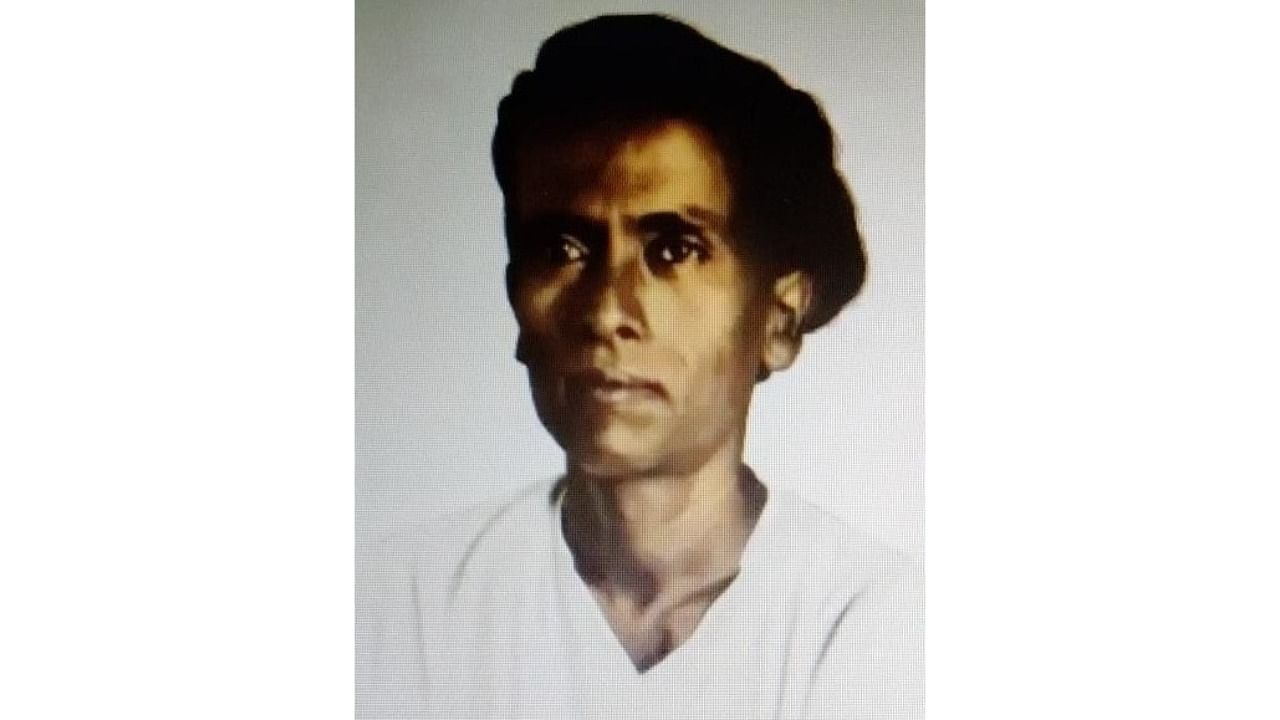
In a rare honour, a portrait of Marathi litterateur and social reformer “Lokshahir” Annabhau Sathe, considered the Father of Dalit Literature, would be unveiled in Russian capital of Moscow.
Tukaram Bhaurao Sathe, popularly known as Annabhau Sathe (August 1, 1920 – July 18, 1969), has contributed extensively to the Ambedkarite movement.
Annabhau Sathe had taken part in the freedom struggle and the Samyukta Maharashtra movement and was prominent in the Indian People’s Theatre Association.
Sathe's works were deeply influenced by Marxism.
The statue has been installed at the Margarita Rudomino All-Russian State Library for International Literature in Moscow.
A delegation comprising Deputy Chief Minister Devendra Fadnavis, Speaker of Maharashtra Legislative Assembly Rahul Narwekar, Indian Council for Cultural Relations President Dr Vinay Sahasrabuddhe left for Russia in the wee hours of Tuesday.
“It is a historic and proud moment for Maharashtra that a statue of Annabhau Sathe is being unveiled in Moscow,” Fadnavis said ahead of the delegation’s departure to Russia.
The statue unveiling ceremony is slated for Wednesday.
“Annabhau Sathe was a freedom fighter and a great Marathi litterateur. He had spent months in Russia. A portrait of this great author, many works of whom are translated in Russian,” said Dr Sahasrabuddhe.
University of Mumbai’s Annabhau Sathe Study Centre Director Dr Baliram Gaikwad and Central Eurasian Studies Department Director Dr Sanjay Deshpande too are part of the delegation.
University of Mumbai’s Vice Chancellor Dr Suhas Pednekar and Pro Vice-Chancellor Prof Ravindra Kulkarni are expected to attend the event online.
Annabhau Sathe is widely regarded as the 'Maxim Gorky' of Indian literature, and he was the first Indian whose books are prescribed in Russian universities. He was invited to Russia several times.
Born in a humble family in Sangli on 1 August 1920, Sathe went on to become a legendary social reformer, actor, folk poet, and Dalit writer.
A school dropout, he went on to pen 35 novels, 12 film screenplays, and 10 ballads, in Marathi, totaling 104 works in various genres. The novels include the torch-bearer "Fakira" (1959), which bagged the state government's top literary award (1961) and in 1963, was made into a Marathi film by the same name with Sathe enacting the title role.
Sathe's use of folkloric narrative styles like ‘powada’ and ‘lavani’ helped popularise and make his work accessible to many communities
On 1 August 2002, the India Post released a commemorative stamp on him.